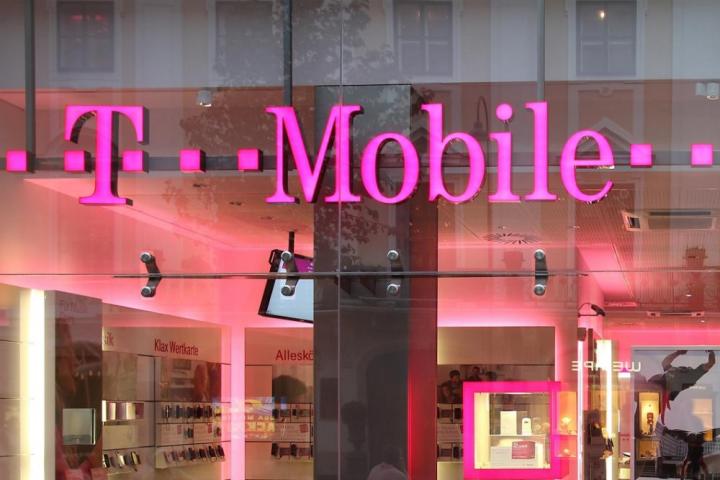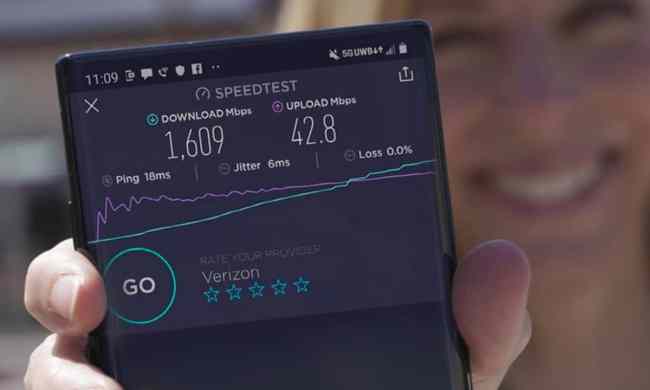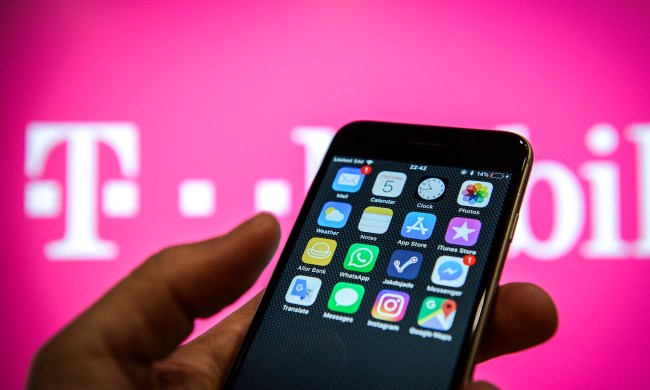
“We commend the FCC for taking this important step to promote competition by facilitating reasonable data roaming rates for all carriers and their customers.”
The FCC agreed to T-Mobile’s proposal and adopted many of the Uncarrier’s suggested guidelines, reports Ars Technica. Although the new rules don’t automatically lower the cost of international data roaming charges to smaller carriers and their customers, T-Mobile now has more leverage in negotiations with rivals AT&T and Verizon, should it decide to challenge current prices. If AT&T and Verizon ignore T-Mobile’s requests for fair prices, the Uncarrier could then call upon the FCC to get a ruling, which would most likely be in its favor, based on the guidelines set up by the proposal.
“In our view, the data roaming rule was intended to permit consideration of the totality of the facts and therefore to permit a complaining party to adduce evidence in any individual case as to whether proffered roaming rates are substantially in excess of retail rates, international rates, and MVNO/resale rates, as well as a comparison of proffered roaming rates to domestic roaming rates as charged by other providers,” the FCC wrote in its decision.
T-Mobile quickly jumped to support the commission’s decision, saying that “we commend the FCC for taking this important step to promote competition by facilitating reasonable data roaming rates for all carriers and their customers.” Sprint also applauded the decision, as did consumer advocates who said lower roaming charges are a big win for customers.
Meanwhile, AT&T and Verizon were predictably hostile to the new proposal.
“The US wireless market is the envy of the world and one of the country’s leading sources of economic growth,” said Verizon Senior VP of Federal Regulatory Affairs Kathleen Grillo. “It is deeply troubling that the Wireless Bureau has changed a fundamental wireless rule in ways that discourage investment and unfairly advantage one company over others, and has done so without a Commission vote, as required by law.”
AT&T even threatened to appeal the ruling immediately.
“We disagree strongly with this action and with the irregular process by which it was decided. We will of course appeal this to the full Commission, and further if necessary,” said AT&T Senior VP Bob Quinn.
However, in its ruling, the FCC deconstructed AT&T and Verizon’s arguments against the proposal so throughly that it seems unlikely that an appeal will have much success within the commission.


